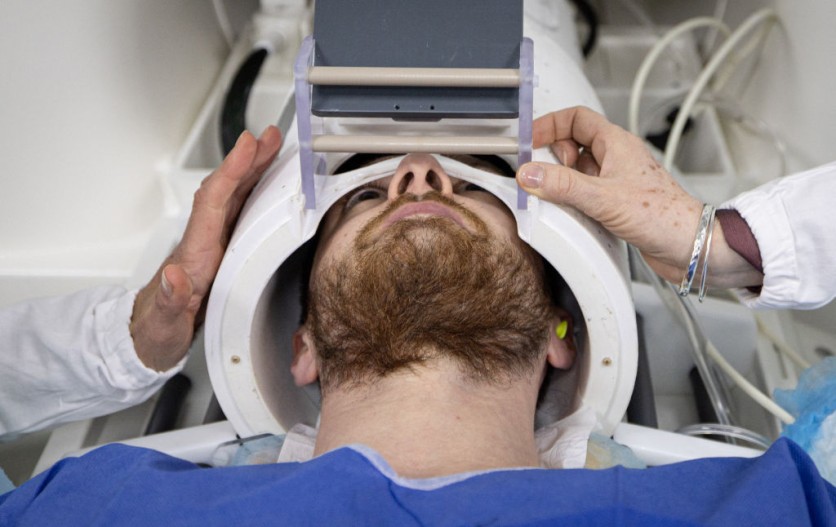Researchers from Queen Mary University of London and Monash University developed a novel approach for predicting brain conditions like Alzheimer's disease with up to nine years' prior warning.
Researchers used a neurobiological model to analyze functional magnetic resonance imaging brain images. During testing, this model predicted dementia with over 80% accuracy, according to Science Alert.

Early prediction is crucial to creating dementia therapies that avoid permanent brain cell death, according to Queen Mary University neuroscientist Charles Marshall.
The default mode network (DMN), a key brain region damaged early by Alzheimer's disease, was examined. The scientists found indicators of dementia up to nine years before symptoms by evaluating brain scans from 81 dementia patients and 1,030 matched controls. These cheap and easy fMRI scans may help diagnose early.
Promising Method in Addressing Dementia, Alzheimer's
The method also predicts dementia development and diagnosis within two years. This knowledge and other risk variables help explain dementia's onset and effects.
These analytic methods with massive datasets can identify high-risk dementia patients and reveal environmental variables, according to neurologist Samuel Ereira.
Alzheimer's risk factors, such as heredity and social isolation, have also been associated with the DMN connection. Finding a remedy requires an understanding of these triggers.
The new approach could also help dementia patients who acquire symptoms later, revealing disease progression and potential treatments.
Marshall hopes this brain function metric will improve dementia risk prediction, early intervention, and therapy.
According to the World Health Organization, diseases that kill nerve cells and harm the brain develop dementia over time, which impairs cognitive ability beyond normal aging. Changes in mood, emotional control, behavior, or motivation typically precede cognitive decline, which does not alter awareness.
Dementia affects patients physically, mentally, socially, and economically, as well as their caregivers, families, and society. A lack of dementia knowledge and comprehension can lead to stigma and barriers to diagnosis and treatment.
Changes in mood and behavior often precede memory issues. Most people with dementia need help with everyday tasks as their symptoms deteriorate.
Viagra May Help Prevent Dementia
A separate study found that Viagra could help prevent dementia. Oxford researchers suggest that the drug for treating erectile dysfunction can improve brain blood flow and blood vessel function in high-risk vascular dementia patients, per NDTV.
Vascular dementia impairs judgment and memory due to decreased cerebral blood flow, which destroys brain tissue.
Circulation research suggests advances in dementia treatment. Ultrasound and MRI studies showed that sildenafil increases blood flow in the big and small brain arteries. The medication enhanced cerebrovascular function by increasing carbon dioxide blood flow responsiveness.
The research found that sildenafil and cilostazol lowered brain blood vessel resistance. Sildenafil had fewer adverse effects than cilostazol, particularly diarrhea.
Dr. Alastair Webb, Wolfson Centre for Prevention of Stroke and Dementia Associate Professor at Oxford University, explained that their study showed that the drug enters blood vessels, "improving blood flow and responsiveness."
He emphasized that these conditions produce persistent brain and small blood vessel damage, a frequent cause of vascular dementia. Dr. Webb stressed the need for larger trials to see if this widely available medicine may prevent dementia.
Vascular dementia treatments are lacking. According to the findings, chronic brain small blood vessel damage causes 30% of strokes and 80% of brain hemorrhage.
Related Article : First Mpox Fatality Prompts South Africa to Get Immediate Vaccine


![Apple Watch Series 10 [GPS 42mm]](https://d.techtimes.com/en/full/453899/apple-watch-series-10-gps-42mm.jpg?w=184&h=103&f=9fb3c2ea2db928c663d1d2eadbcb3e52)


